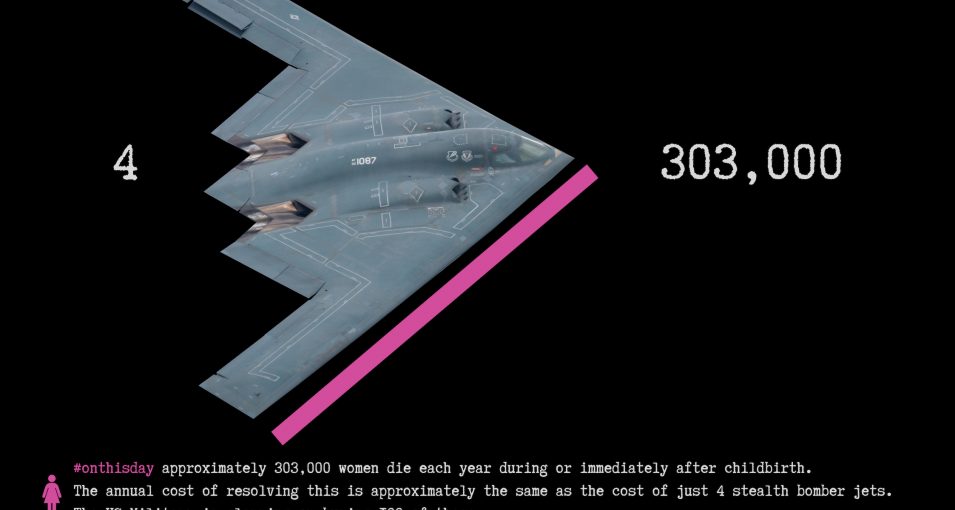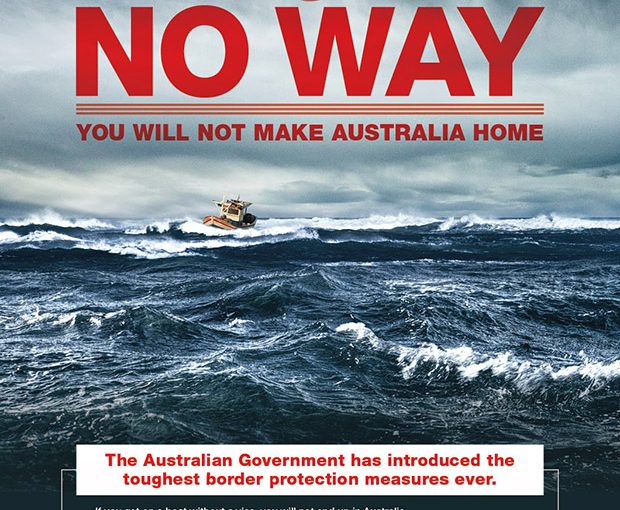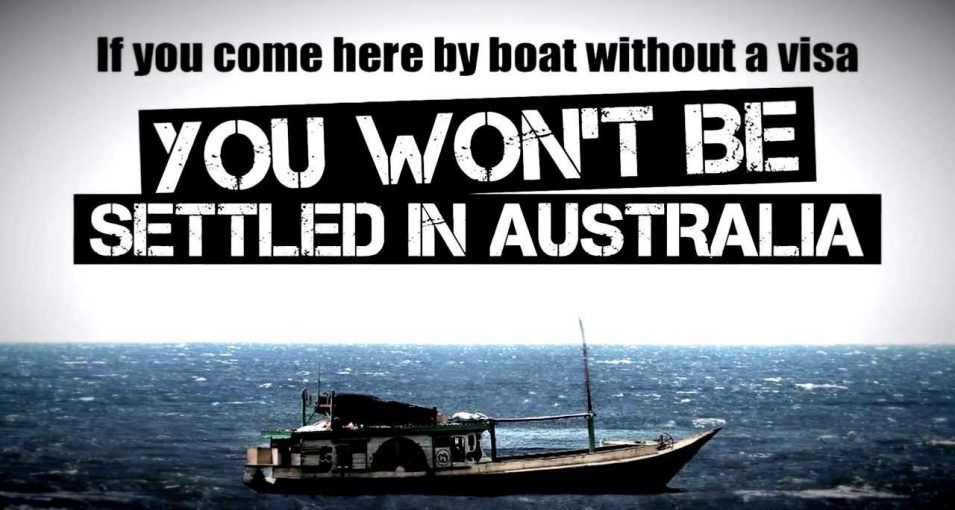Senator Patrick Dodson introduces the 7th edition of 80-20 Development in an Unequal World in his foreword to the book, first published in the print edition in November 2016.
Clearly, there is work to be done.
I am a proud member of the Yawuru people of Broome in Western Australia. In the Yawuru language of my people there are three key concepts which shape our ways of knowing and understanding. They are:
Mabu ngarrung: a strong community where people matter and are valued
Mabu buru: a strong place, a good country where use of resources is balanced and sacredness is embedded in the landscape
Mabu liyan: a healthy spirit, a good state of being for individuals, families and community. Its essence arises from our encounter with the land and people.
These concepts are not newly minted nor are they unique to Australia; they come from the time before time began. We call this the Bugarrigarra – from when the earth was soft and yet to be moulded and given its form by the creative spirits. Te Bugarrigarra encompasses the time well before Western philosophy, religion and laws existed or travelled to our lands in ships.
I draw your attention to these concepts for they capture much of the essence of what this compelling and rich book, 80-20 is all about. They provide a context and a perspective for analysing the world immediately around us and that world which appears to be far distant. These three concepts and the way they are explored in 80-20 Development in an Unequal World remind us of the urgent need to recognise and recover the fundamental principles of respect for the diversity and richness of our various cultures in Australia and beyond – principles that remain at fundamental risk today worldwide. They serve to remind us of our shared humanity without which we will never overcome the challenges we face. 80-20 vividly captures the essence of the work that is before us.
The history of our people – the First Australians – is one of official denial and exclusion in our own land. My family, along with most Aboriginal families, carries the pain of this exclusion in our recent history. Australian law at that time was unarguably founded on a social outlook that was highly ethnocentric, even racist. Many of the laws were genocidal in intent, application and consequence. The same moral compass justified the American laws that mandated racial segregation in the US before the civil rights movement. Such views and laws led also to the horrors of Soweto and Robben Island and even the hate crimes of Nazi Germany. These systems of laws and regulation shared the same legal, intellectual and moral parentage. Such laws, worldviews and practices have their parallels across the world today with similar pain and suffering for their victims.
This exclusion continues to be challenged in Australia today just as it is challenged in very many ways across all regions of the world, especially among the world’s poorest – a reality described in some detail in 80-20. Chapter after chapter, story after story, this book not only catalogues exclusion and its consequences; it also offers remarkable storytelling of change in today’s world.
In reading 80-20 Development in an Unequal World, I am reminded of the words of Australian anthropologist Bill Stanner who, in reference to official policy towards the First Australians, described it as ‘…a cult of forgetfulness practised on a national scale’. For the perceptive reader, 80-20 offers a clarion call to challenge the constant ‘forgetfulness’ of the realities of inequality and exclusion effectively practised on a world scale. It catalogues the denial of dignity and human rights of the many which, in turn undermines the humanity of all. Using extensive data, perceptive analysis and excellent graphics (alongside biting cartoons), 80-20 offers a compelling alternative storyline that not only highlights what is wrong today but also constantly suggests and debates solutions. In this regard, I endorse the observation made by Irish President Michael D. Higgins in his preface to the 6th edition that this is a book of ‘hope and courage’.
We know, as fact, that just as some Australian legislation in the past was founded on outmoded patterns of thought and belief, much of current official policy and practice on international development is not sustainable of people or planet. Our thinking, our laws and much of our practice remain locked in an ingrained paternalism and racial superiority (and behind those, a deep and abiding fear). Such mindsets and policies continue to justify repeated acts of greed that grab the lands, resources and lives of far too many people. They undermine not only our shared humanity but also our common future.
A dominant thread throughout this book is the recognition of that common humanity (and, all too often, inhumanity); it is catalogued in the discussions of justice and injustice, hunger and poverty, women’s rights, human rights and climate change. Recognising this will serve to refresh our spirit (our ‘liyan’). It will enable us to move on from the many mistakes, poor policies, ignorance and outright racism that have bedevilled us to date.
For many years now, my Aboriginal colleagues from Broome and myself have had a creative and productive partnership with the organisation 80:20 Educating and Acting for a Better World. Together, we have worked on the reconciliation agenda here in Australia and also in Ireland and beyond. I commend the energy, creativity and resilience that characterises 80:20 Educating and Acting for a Better World as an organisation and that is evident in the pages of this book. Our partnership continues to energise us for the work that lies ahead.
80-20 Development in an Unequal World reminds us that regardless of race, culture or gender, we all have a shared goal as global citizens – wanting to build a common, tolerant and flourishing future together. We urgently need a world unencumbered by a lack of respect and appreciation for the human dignity of all peoples and our planet. If we constantly build on what we have in common rather than what divides us, I believe that we can be better people; we can create a better world and, together, we can offer a better place to the coming generations. In the meantime, there is indeed work to be done.
I am very happy to endorse this educational resource for the story it tells; the analysis it offers and the vision it inspires.
Senator Patrick Dodson
Australian Aboriginal Leader
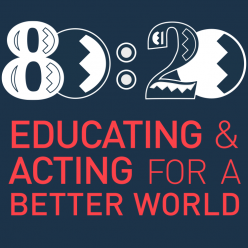
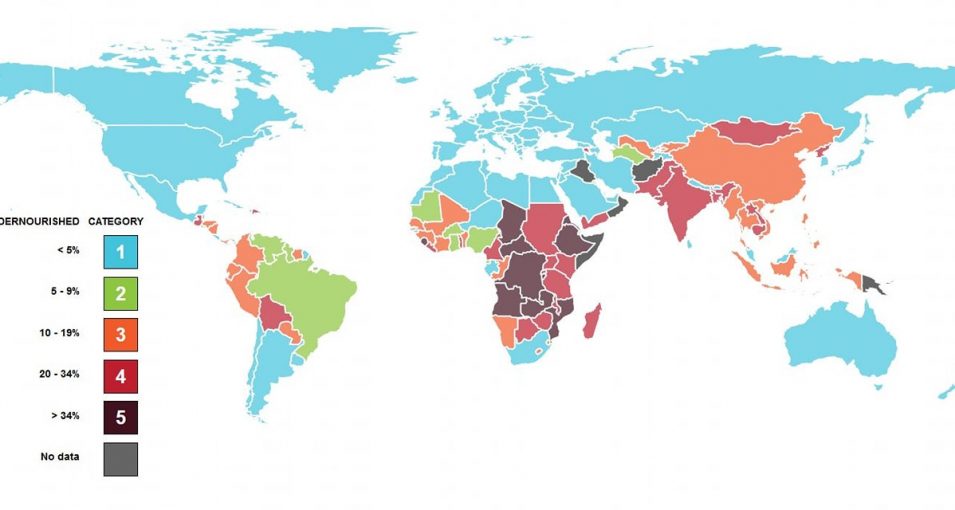
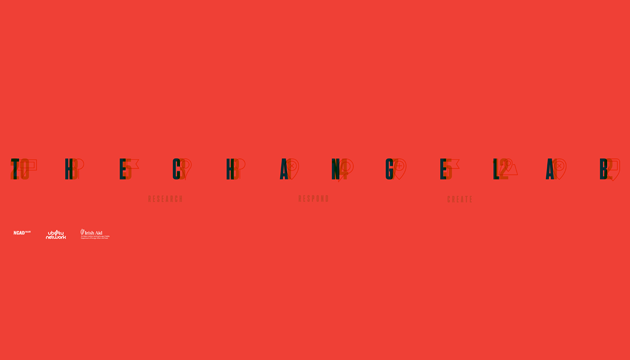
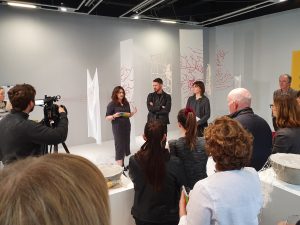
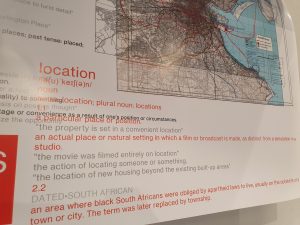
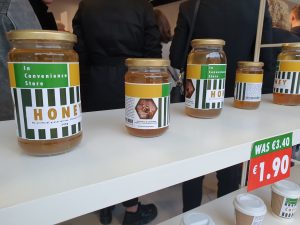
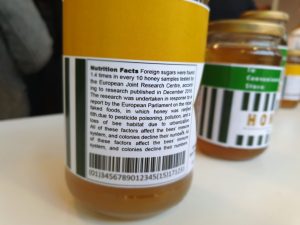
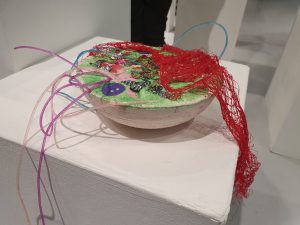
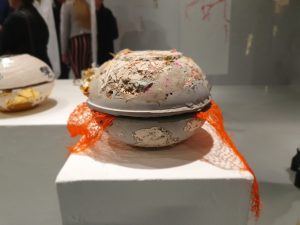
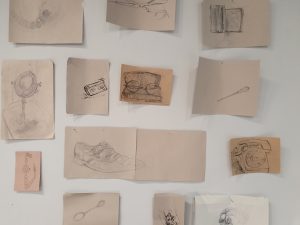
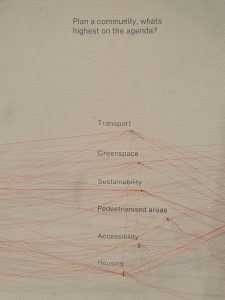
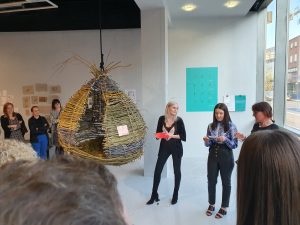
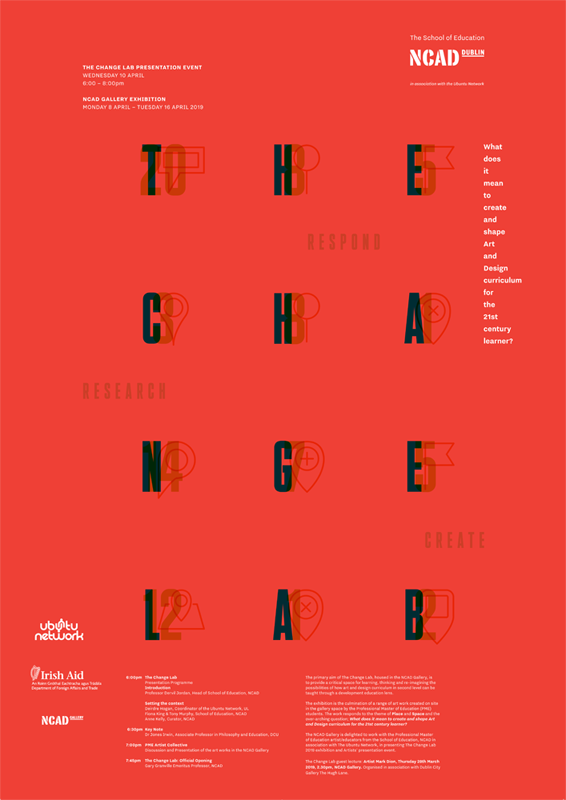 The Change Lab is a critical space for learning, thinking and re-imagining the possibilities of how art and design curriculum in second level can be taught through a development education lens as explored by students taking professional masters of education (PME) in art and design as part of the Ubuntu Network’s initial teacher education approach to engage with local and global development issues.
The Change Lab is a critical space for learning, thinking and re-imagining the possibilities of how art and design curriculum in second level can be taught through a development education lens as explored by students taking professional masters of education (PME) in art and design as part of the Ubuntu Network’s initial teacher education approach to engage with local and global development issues.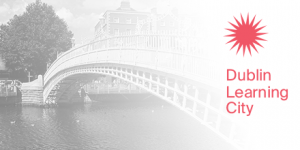 The Change Lab 2019 is part of the first
The Change Lab 2019 is part of the first 